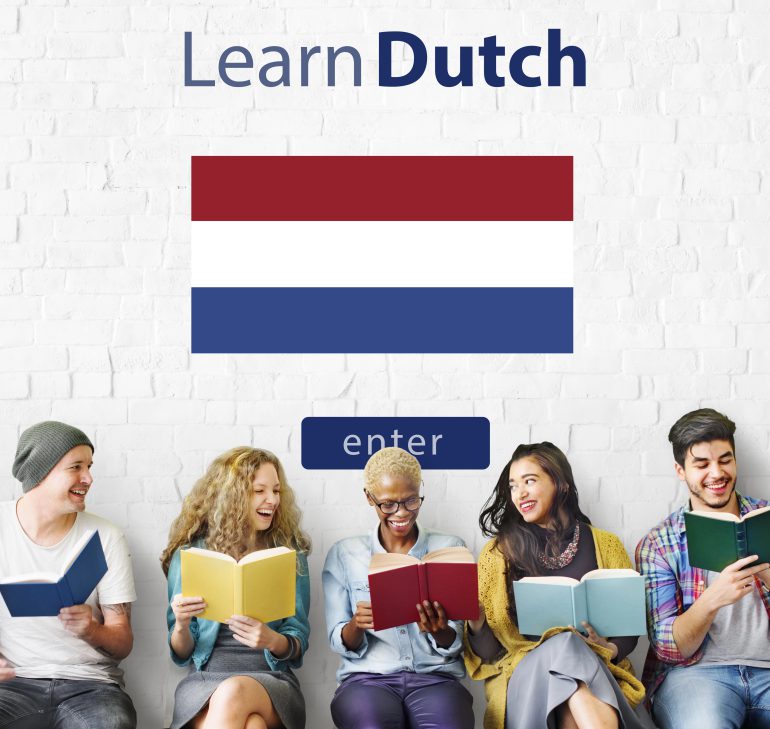The Dutch Cabinet has announced a transformative policy in higher education, reestablishing Dutch as the primary language in colleges and universities while regulating the influx of international students. This initiative, led by Minister Bruins of Education, Culture and Science, addresses mounting concerns about the impact of rising international enrolment on housing, classroom space and the prominence of the Dutch language.
According to the government, the Balanced Internationalisation Act (WIB) will redefine language norms across university programs, prioritising Dutch and setting specific guidelines for using foreign languages in coursework. Minister Bruins highlights that the new policy under the WIB aims to uphold Dutch language skills, ensure educationalaccessibility for local students, and improve the long-term retention of skilled international graduates in the Dutch labour market.
In a letter to the House of Representatives, Bruins outlined this policy shift, stating: ‘The Netherlands is proudly an international knowledge country, and for our future, we must certainly remain so,’ adding that these measures ‘willensure language skills improve, and that international talent coming here to study also stays to contribute to our economy and society’.
Bachelor’s programs
Under the WIB, at least two-thirds of coursework in Dutch bachelor’s programs must be taught in Dutch, with up to one-third may be conducted in another language to accommodate guest lectures and international expertise. Programs seeking to use a foreign language beyond this limit must apply for approval. The approval process includesspecific criteria to address particular academic and regional needs. Programs located in shrinking or border regions, where international expertise may enhance educational opportunities, may receive approval. Additionally, programs that serve sectors with significant labour shortages, especially in technical and scientific fields, may qualify due to the demand for highly specialised knowledge.
Approval may also be granted to programs offered exclusively at a single location within the Netherlands or for those with an inherently international scope that necessitates instruction in a foreign language. Minister Bruins intends to restrict approvals to these criteria, especially by refining the latter two categories to ensure the Dutch language remains central to education in the Netherlands.
Addressing Dutch labour market needs
Despite introducing restrictions on the immigration of international students, the policy recognises the importance of international students in addressing labour market shortages, particularly in sectors with high demand for technical and scientific expertise. ‘With major shortages in the labour market, attracting talented international students, especially for shortage sectors and in shrinking or border regions, remains necessary,’ Bruins explained. The goal is to attract students prepared to engage in Dutch-language work environments, ultimately increasing the likelihood of international graduates remaining in the Netherlands.
Research by Nuffic, the organisation for internationalisation in Dutch education, reveals that only about 25% of international students are still in the Netherlands five years after graduation, and only 19% of European Economic Area (EEA) students. Many international students face challenges in the labour market due to language requirements in professional and social settings; by encouraging them to follow Dutch-language programmes, they will better prepared for a career in the country.
Reducing financial support and balancing education goals
In line with budget cuts, the government plans to reduce financial support for international students starting in 2026, allowing institutions greater control over their intake. From the 2025-2026 academic year, universities can set separate admissions caps for non-Dutch-language courses to better manage foreign-language student numbers. Minister Bruins aims to formalise agreements with institutions to ensure these new limits align with governmental budget objectives, allowing universitiesto manage admissions while adapting to reduced funding for international students.
Through the WIB, Minister Bruins aims for a balanced educational landscape, positioning Dutch as the standardacademic language while preserving critical international connections, particularly in sectors that benefit from foreign talent. This policy marks a deliberate effort by the Dutch Cabinet to shape a sustainable academic environment thatserves both the local population and the broader goals of internationalisation.
Written by Nicole Bea Kerr
